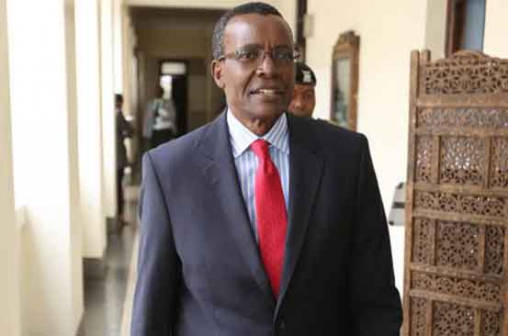×
The Standard e-Paper
Stay Informed, Even Offline

Court of Appeal judge David Maraga has said he cannot compromise his religious practices to attend to work on a Saturday if he is appointed Chief Justice.
Justice Maraga said he was a staunch Seventh Day Adventist and would not sit on a Saturday to hear a presidential election petition if he became the CJ and President of the Supreme Court.